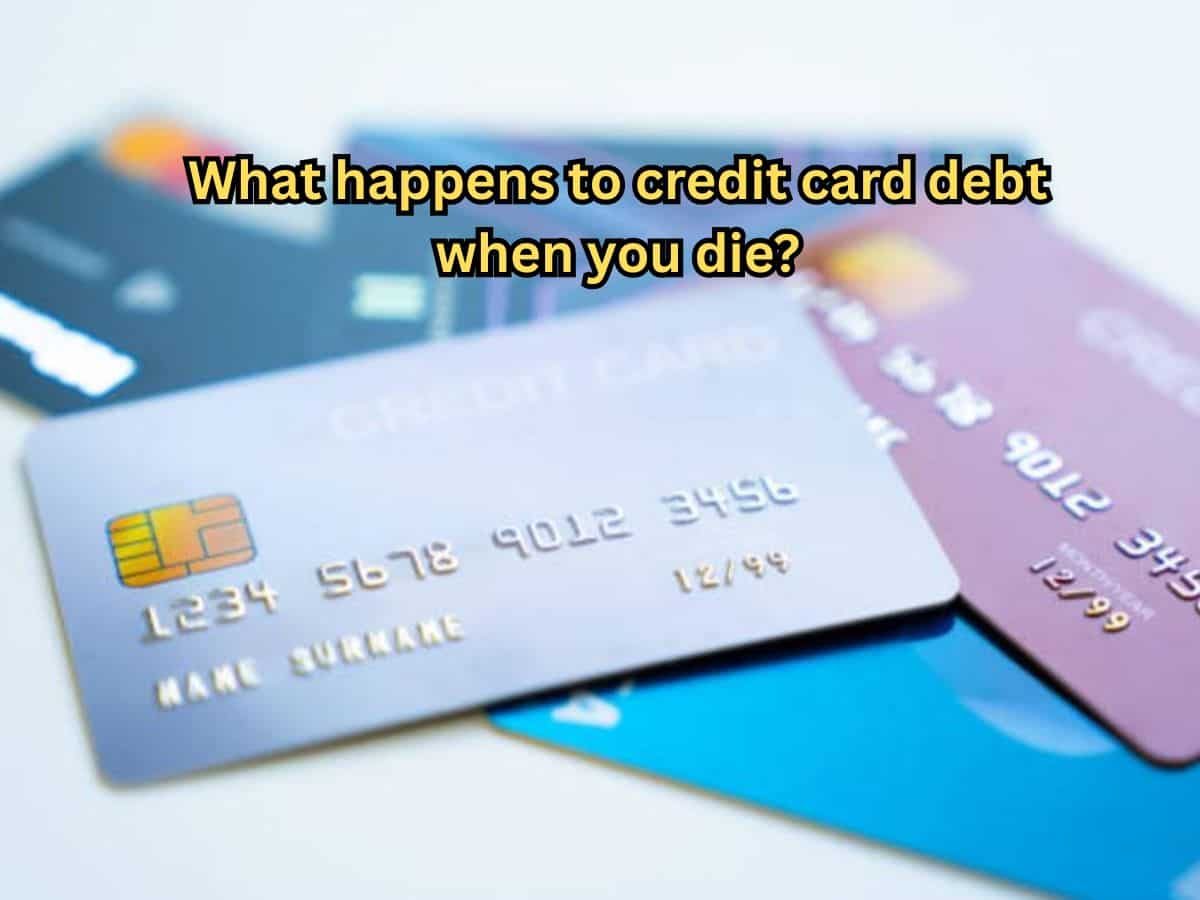No one likes thinking or even talking about specific plans related to end-of-life matters or having difficult conversations with loved ones on the topic. But uncomfortable as the subject may be, preparing for what happens to your assets and your debts after your death is worth doing.
Currently, the use of credit cards is common. With the help of a credit card, you can easily buy goods and services, even if you don’t have the cash in hand. Many online transactions are facilitated by credit cards, providing a secure and convenient way to pay for goods and services. Apart from this, many types of rewards, cashback, and discounts are also available on credit cards, due to which credit cards have become increasingly popular. But have you ever thought about what happens to credit card debt, specifically, after a cardholder dies? Let’s find out what happens to credit card debt when someone dies. Who pays the bill?
Unsecured Credit Card Debt: What are the rules after death?
An unsecured credit card is granted without requiring any collateral or security deposit. Instead of a security deposit, lenders rely on your creditworthiness, income, and other financial factors to determine your credit limit.
Generally, the credit limit is determined based on the applicant’s income, credit score, existing loans, and repayment history, etc. In such a situation, the credit card holder is also responsible for repaying the amount spent through the credit card. But if the credit card user dies before returning the amount, the bank writes off the outstanding loan amount. In such a situation, no other member of the family can be forced to pay the outstanding amount.
What happens to secured credit card debt after death?
A secured credit card requires a cash deposit (typically equal to the credit limit) from the cardholder as collateral. This deposit acts as security for the lender, reducing their risk, especially for individuals with limited or poor credit history.
Secured credit cards require a fixed deposit (FD) as collateral. If you can’t pay your credit card bill, the bank can use your FD to recover the debt. These cards are often used by people who can’t get a regular credit card.
What are the rules for a personal loan?
Personal loans are also kept in the category of unsecured loans. In such a situation, just like a credit card, the responsibility of repaying a personal loan also lies only with the person who takes the loan. If the loan taker dies due to any reason, then the bank cannot force any member of his family to repay the loan. In such a situation, the loan also ends automatically with his death.
Anurag Dhole is a seasoned journalist and content writer with a passion for delivering timely, accurate, and engaging stories. With over 8 years of experience in digital media, she covers a wide range of topics—from breaking news and politics to business insights and cultural trends. Jane's writing style blends clarity with depth, aiming to inform and inspire readers in a fast-paced media landscape. When she’s not chasing stories, she’s likely reading investigative features or exploring local cafés for her next writing spot.






